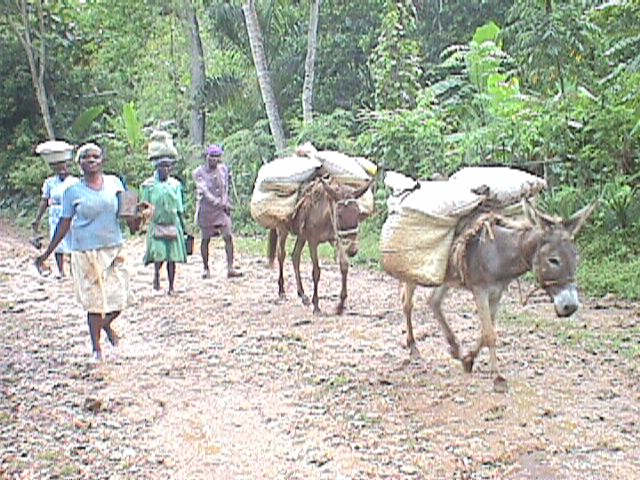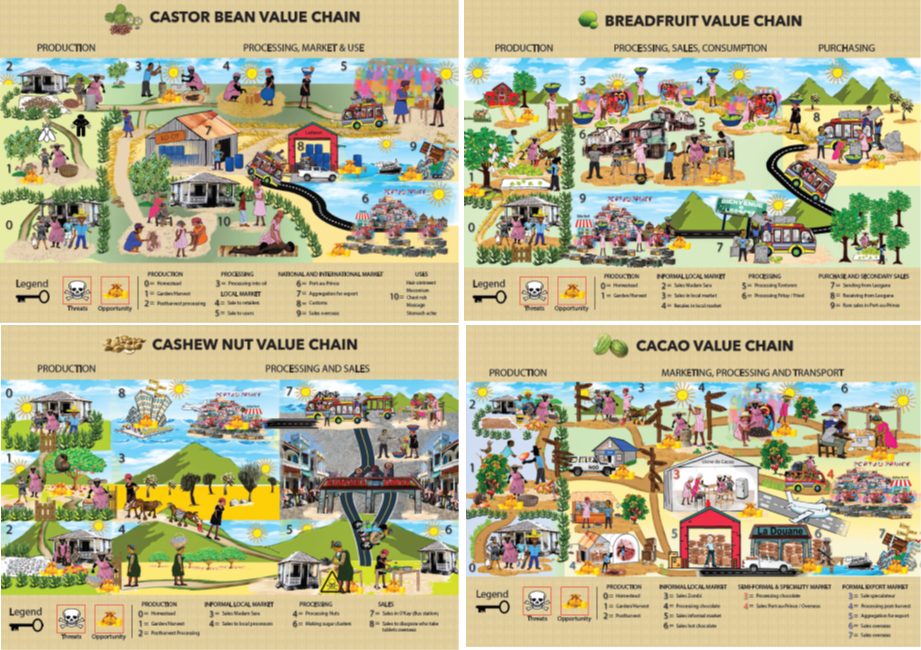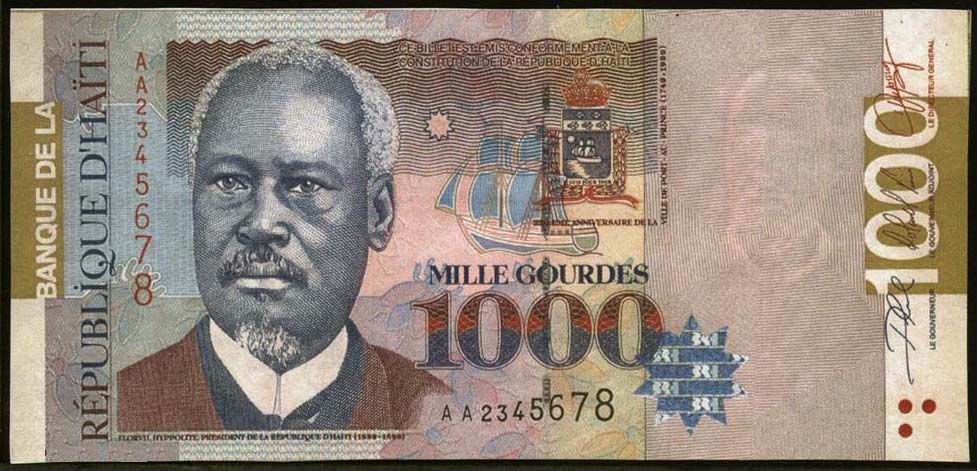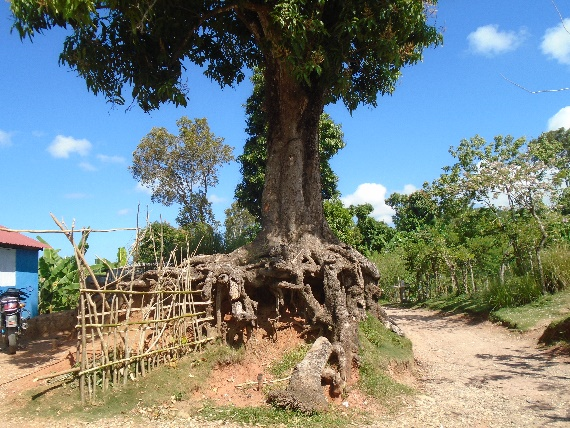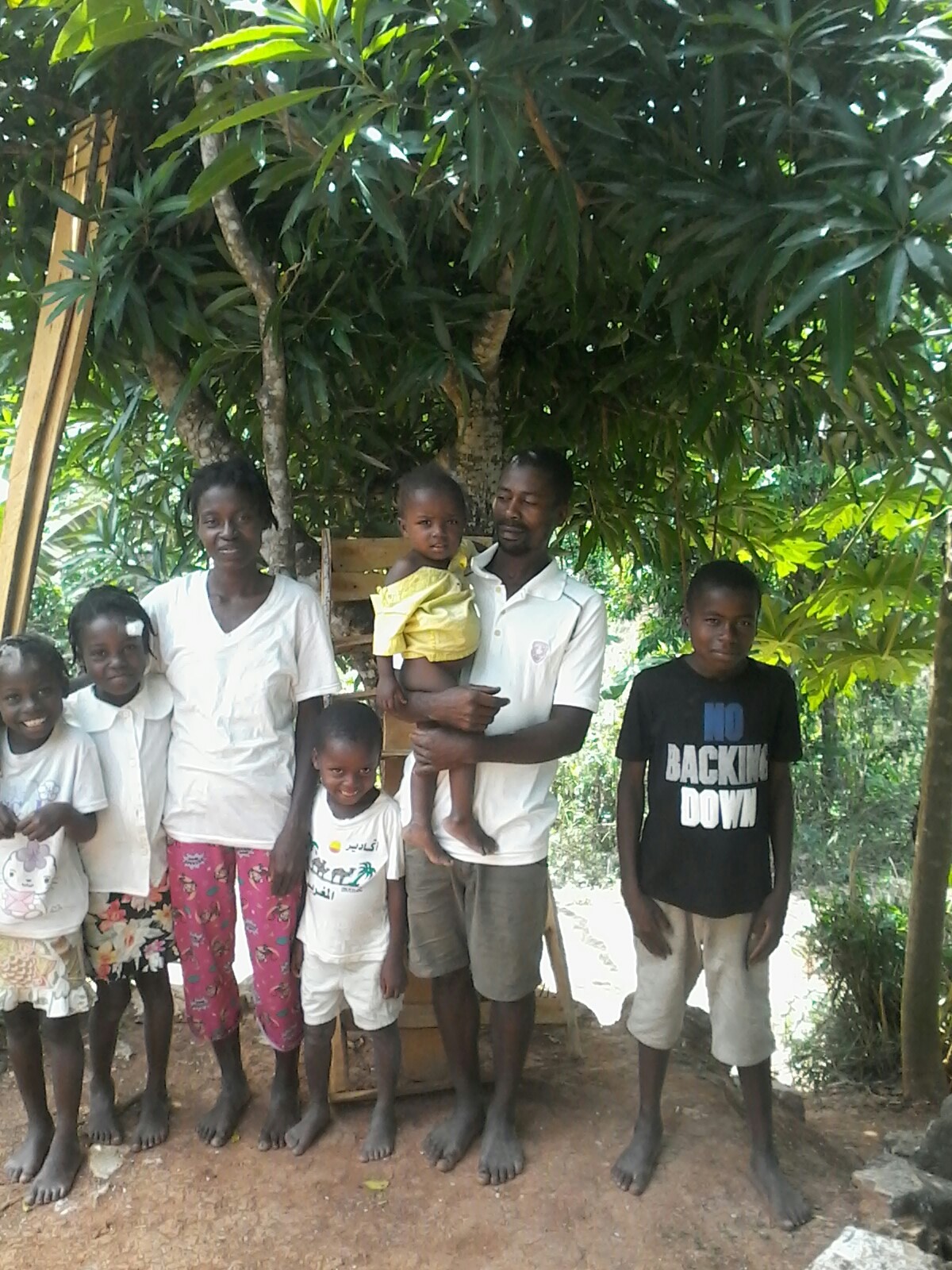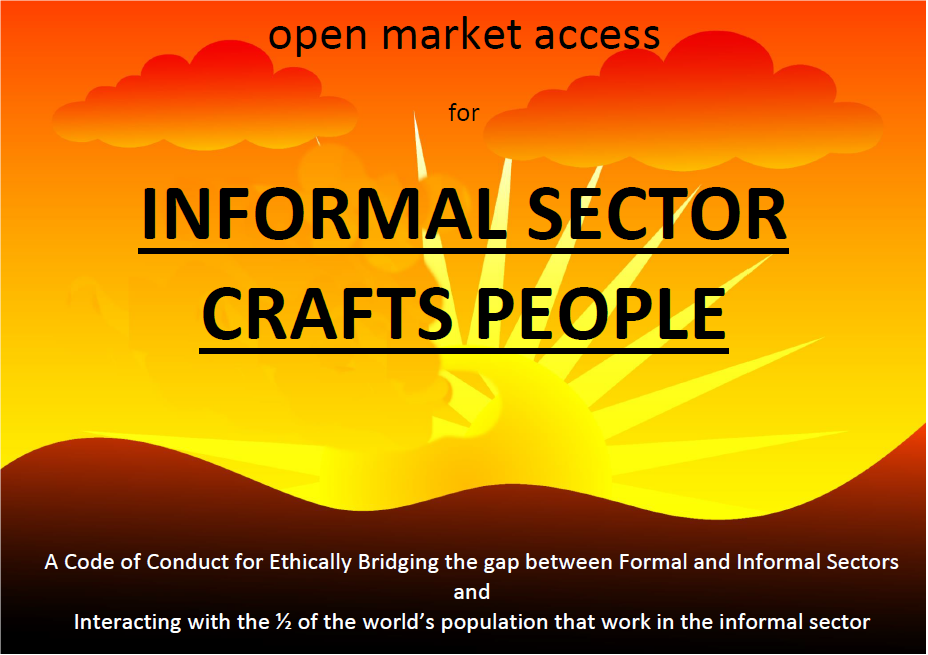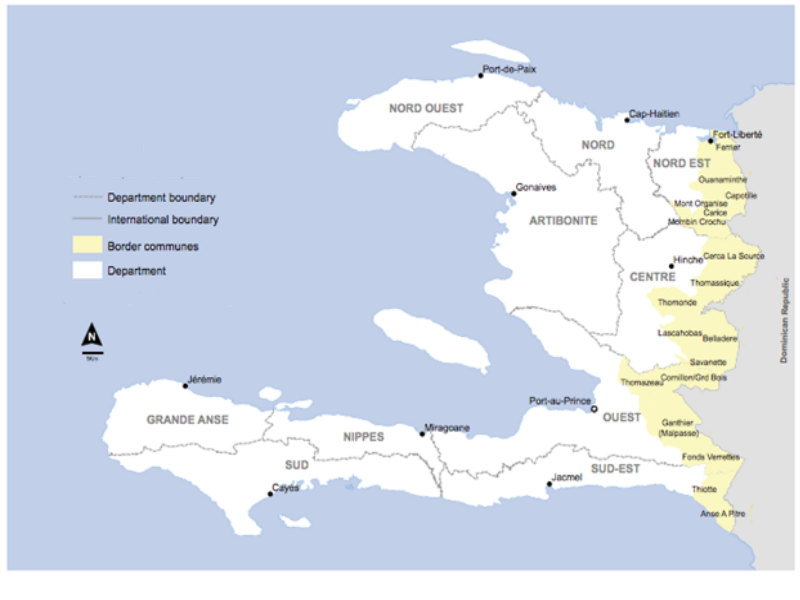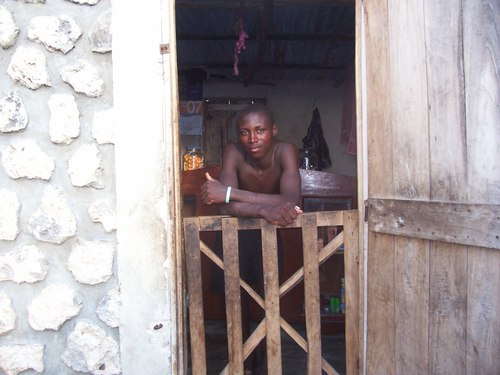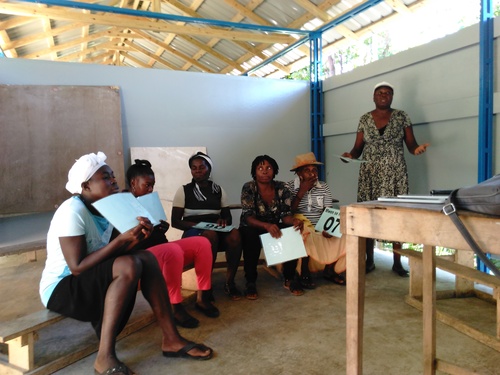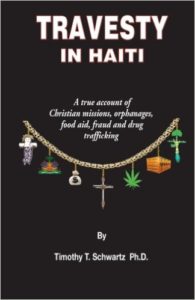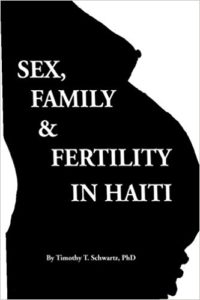Just What is a Madan Sara
The most critical defining characteristic of the sara is her ability to leverage capital, knowledge, and relathioships to obtain and move produce at lower than wholesale prices.
NHADS SURVEY (Nutrition, Health, Agriculture and Demographic Survey, Jean Rabel, Haiti)
The survey for this report was conducted in 1997 in Commune of Jean Rabel which covers 467 km2 of territory and has an estimated population of 130,330 residents, 278 people per km2. The area is generally considered among the poorest in Haiti. Infrastructure in the form of a few roads and schools are in horrificRead More
Value Chain Study: Cacao, Cashews, Castor Oil, & Breadfruit
This document presents research on four value chains in Haiti: cacao, cashews, breadfruit and castor bean oil (ricin). The research was conducted in the context of the ILO project FOPRODER (2015-2020), that works through cooperatives and associations in Haiti to provide professional training and promote resiliency of value chains. Arguably the most important information inRead More
HISTORY OF HAITIAN GOURDE (HTG) TO THE US DOLLAR (USD), 1912 TO 2020
Beginning in 1912, the Haitian Gourde (HTG) was legally fixed to the US Dollar: 1 USD = 5 HTG. The standard was abrogated in 1989 and the HTG was allowed to float freely in value. And it has done a lot of floating. The number of Haitian Gourde (HTG) to the US Dollar (USD) wentRead More
VALUE CHAIN REPORT, GRAND ANSE, HAITI
In this sub-report a team of HEKS EPER, UMCOR and Socio-Dig staff developed value chain models for three products of critical importance in the Grand Anse: fish, trees and goats. The creation of value-chain models for these products is intended to help people working in the region gain further understanding of the local economy andRead More
GRAND ANSE, HAITI, REPORT
This report focuses on rural household livelihoods in four Grand Anse communities. It was commissioned by HEKS EPER with support from UMCOR). The actual research was carried out by Socio-Dig. The report is divided into three main parts and an extensive annex. In Part I, we present the data from the baseline survey. In PartRead More
CALL FOR INFORMAL SECTOR CODE OF WORK
Cultural norms in the developing world are more than aesthetically interesting. They have a concrete impact on the individual and society. At the focus of all cultural traditions are child-rearing practices and social security.
HAITIAN MANGOES EXPORTED TO THE DOMINICAN REPUBLIC
A big part of the irony of the rocket like growth of the Dominican mango export industry over the past 30 years (read this post) is that this had not only happened while Haiti’s exporters had failed to increase their own exports or to effectively organize the mango industry: it was arguably launched with theRead More
The Haitian Boutik (‘neighborhood convenience store’)
This post is useful for a) the description of the formal versus informal market chains in Haiti and b) data from several random boutik (neighborhood stores) surveys. You will find information on the estimated number of residences per boutik, the use of credit, distribution channels, and inventories. Data is drawn from studies we conductedRead More
Part II: Market and Boutik Focus Groups, Plateau Central, Haiti: Product Inventories, Market Size, Pricing & Turnover Rates
This is Part II of a two part market study (see Part I for quantitative survey) commissioned by the Clinton Foundation and facilitated by TechnoServ Haiti, a Non-Governmental Organization (NGO) dedicated to “business solutions to poverty.” The actual research was carried out under the auspices of the Haiti based research company, Socio-Dig. The research wasRead More

